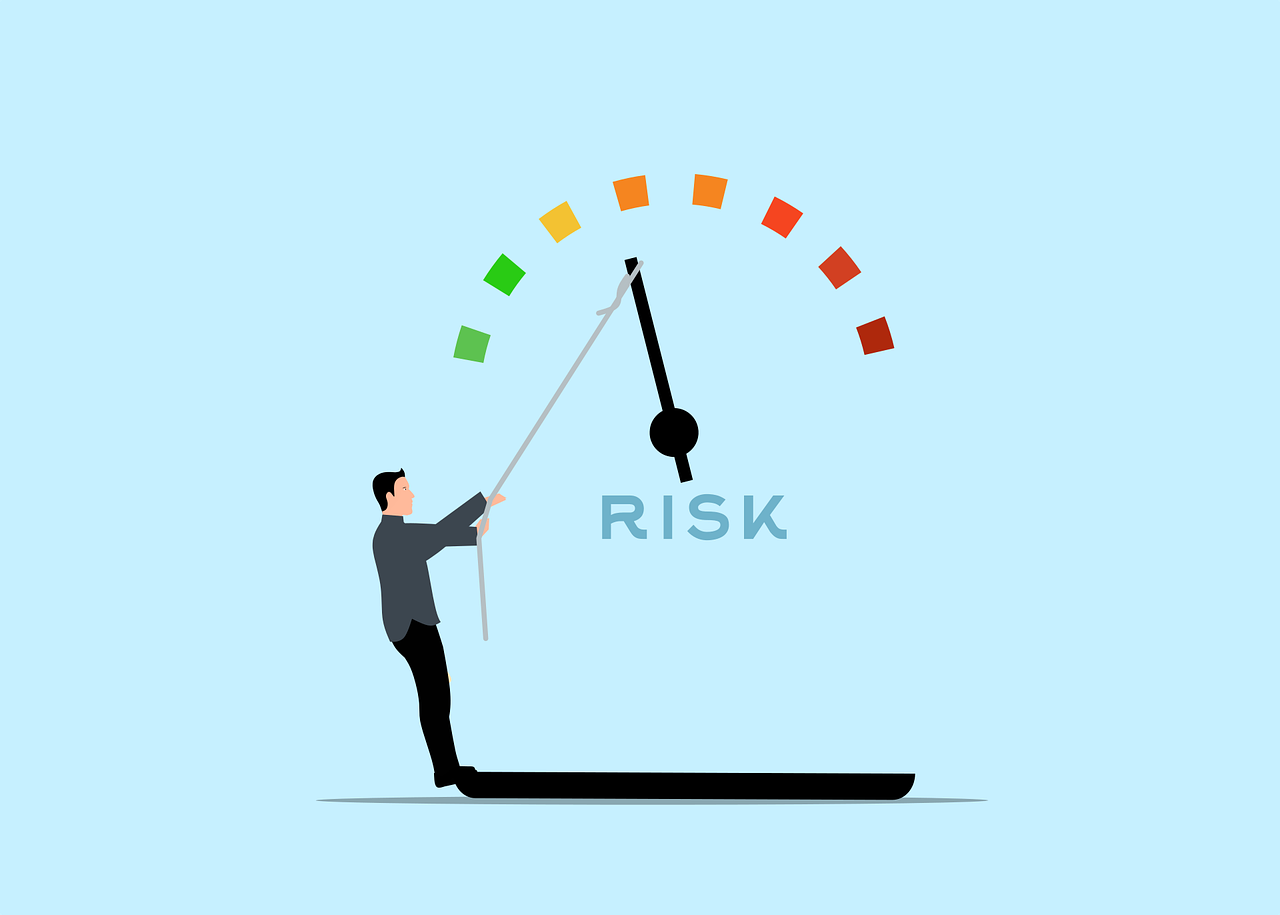Nobody’s perfect, but that doesn’t seem to stop people from trying. And why not? There are lots of good reasons for wanting to be perfect. Some professions, for example, greatly benefit from their inherent perfectionism. This is especially true of professions where the consequences of a mistake would be catastrophic, where the human or the financial costs of errors are simply too great to bear. Indeed, the higher the potential for catastrophe, the more necessary and warranted is perfectionistic behavior. Consequently, among the most perfectionistic people you’ll ever meet are bridge-building engineers, skyscraper architects, nuclear physicists, software engineers, and brain surgeons. I, for one, thank God for that. If you ever had the misfortune of requiring brain surgery and had to choose between a pursed-lipped, anal-retentive surgical tactician or a giddy, free-wheeling improvisationalist, who would you choose?
Not so Perfect

The trouble with perfectionism is that it impedes our ability to take risks. Perfectionists are better suited for mitigating risks than for taking them. This mostly stems from their almost obsessive preoccupation with anticipating what can go wrong. Perfectionists are prone to “catastrophizing,” focusing on worst-case scenarios in order to account for, and control, every possible negative outcome. This, in turn, lends itself toward a doom-n-gloom outlook when facing a risk. Thus, risks themselves are seen through a prism of negativity that not only makes the risk-taking experience unenjoyable but through the power of expectancy often sets it up for failure as well.
Whether you have decided to pursue your risk, or if you have just jumped off your risk platform, you will have a more difficult time of it if you are a perfectionist. Risk-taking is inherently a mistake-driven process, characterized by a whole lot of trial and a whole lot of error. What perfectionists hate most are mistakes. To perfectionists, a mistake is more than an error; it is a failure that reflects on them personally. You can even hear it in their language. After making a mistake an average person will say something like “My idea didn’t work so I tried something else,” but a perfectionist will scornfully lament, “I tried my idea and it was an utter failure. I should have known it was a dumb idea. I won’t make that mistake again!”
Why Would You Risk Mistakes?
When mistakes equate with failure, risk-taking is viewed as the surest path to dejection and humiliation. Thus the dispositions of perfectionists and risk-takers are often diametrically opposite. These differences are well captured by Dr. Monica Ramirez Basco in her insightful book on perfectionism, Never Good Enough. She explains that risk-takers are unlike perfectionists in that they “do not expect themselves to always be right or always have great ideas. But they know that if they keep trying, they will hit upon a winner. If their ideas are rejected, they might get their feelings hurt but they will recover quickly. The consequences of failure for these people do not feel as great as they would to the perfectionist.”
Risk-takers view mistakes as an inevitable part of the risk-taking experience. Unlike perfectionists, who categorically assume that perfection is both necessary and attainable, the risk-taker knows better. It is not that risk-takers want to make mistakes. Rather they see mistakes as valuable sources of data that will ultimately help them attain their goals.
When someone pointed out to Thomas Edison that in inventing the incandescent light bulb he had performed 10,000 failed experiments, he is purported to have replied, “I have not failed. I just found 10,000 ways that didn’t work.” Risk-takers hold the view that, though painful, mistakes are to be expected.



